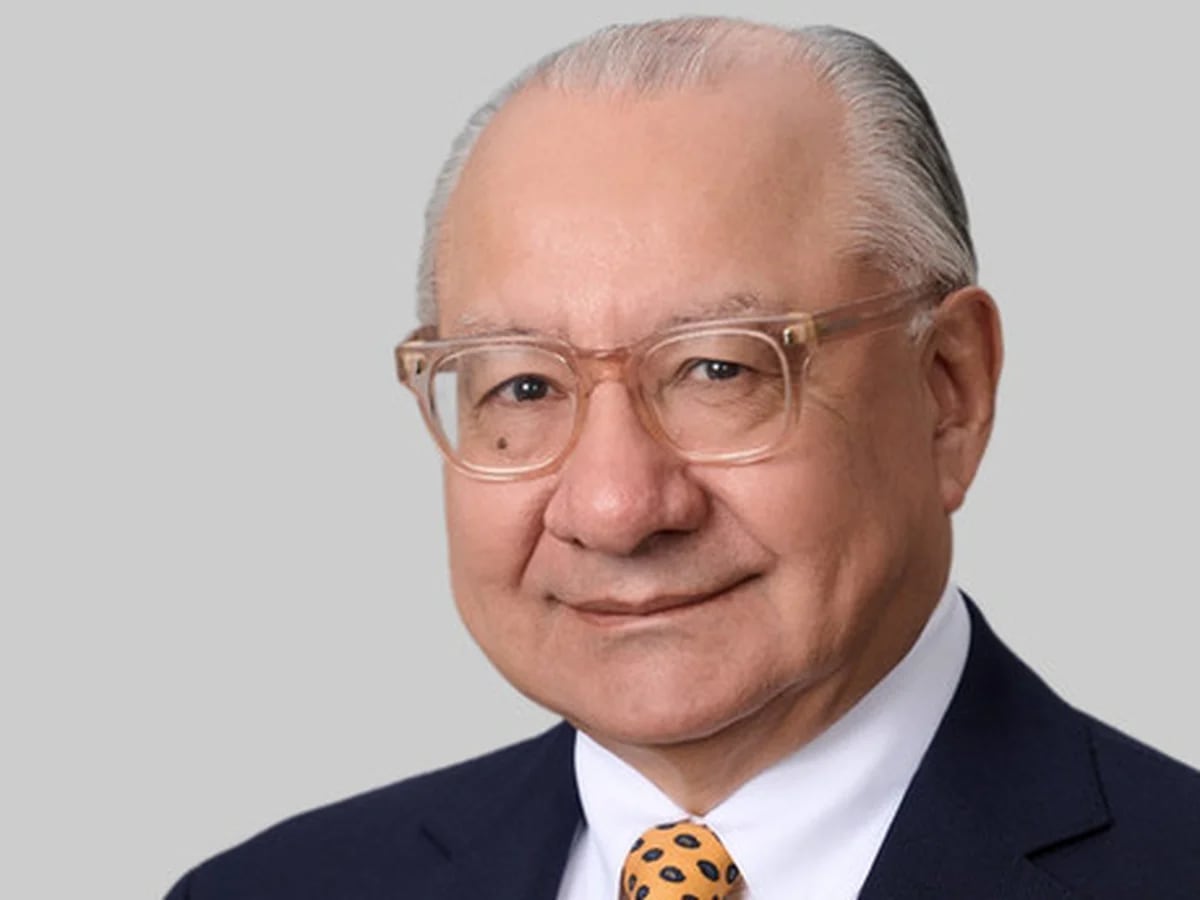The Bolivian elections of 2002, 21 years ago, garnered attention that will probably not be surpassed by other elections in the country. In them, neoliberal Gonzalo Sánchez de Lozada narrowly beat his competitors – among whom was a young coca leader named Evo Morales – with the support of the American political consulting company Greenberg Carville Shrum and a statement from the then ambassador of the United States. United in Bolivia, Manuel Rocha, who ended up altering voting intentions. Those elections were recounted in the American documentary Our Brand is the Crisis (David Gordon Green, 2005), which followed Sánchez de Lozada’s campaign advisors, and which was later adapted to fiction in a film of the same name produced by George Clooney and starring Sandra Bullock.
Now, the story has taken an unexpected turn. On Monday, the FBI, the US Federal Bureau of Investigation, detained former ambassador Rocha in Miami, accused of “working to promote Cuban interests,” according to the Associated Press news agency. Rocha, 73 years old and the US ambassador to Bolivia between 2000 and 2003, was no longer an official at the State Department and was working as an advisor to an international lobbying and communications company.
The Bolivia in which he was ambassador was then deciding between continuing with the neoliberal model, voting for Sánchez de Lozada, or attempting a moderate change, represented by the then mayor of Cochabamba, Manfred Reyes Villa, who was the clear favorite to win. Between them stood Evo Morales, who with his proposals for radical change was rising in the polls. Morales, who ended up winning the presidency in 2006 and holding office for 13 years, was then a union leader of coca planters in the center of the country who led protests and roadblocks. Shortly before the vote, Ambassador Rocha told the press that if the Bolivian electorate elected “those who want Bolivia to become a cocaine exporter again, that result will jeopardize the future of US aid.” It was a direct allusion, which had the opposite result: after the ambassador’s words, the population turned even more towards Morales, who won second place and, in his rise, subtracted enough “votes for change” from Reyes Villa. as to prevent his announced victory.
A post-election survey determined that 14% of those who voted for Morales in those elections did so in rejection of Rocha’s statement.
Sánchez de Lozada won the presidency with 22.4%, Morales was second with 20.94%, and Reyes Villa, who fell flat against the union leader, came third with 20.91%.
The ambassador’s intervention fueled numerous conspiracy theories, indicating that the United States had decided to give a boost to Sánchez de Lozada. In fact, Sánchez de Lozada became president of Bolivia for the second time, after being so between 1993 and 1997, only to end up overthrown two years later by the same crisis that the Greenberg company had turned into its electoral brand. After that, Morales declared several times, ironically, that Rocha had been his “campaign manager.”
The latest news about the investigation that the US authorities are carrying out on Rocha as an alleged Cuban agent has put the conspiracy machinery to work again, and in all directions.
Now many assume that what Rocha wanted to do in 2002, with that statement, was to support Morales, who was then “Cuba’s candidate.” Others believe that what happened validates Sánchez de Lozada’s theory that he was ousted from office by a conspiracy of foreign powers.
Rocha’s arrest is not due to alleged crimes committed in the past but rather to his current work as a lobbyist. Apparently, the level of control and repression of promotional and lobbying activities in favor of other countries has increased, when these are not informed in advance to the authorities.
Manuel Rocha was born in Colombia and grew up in the United States, where, despite his humble origins, he managed to study and had a brilliant diplomatic career, which led him to be ambassador in Argentina, between 1997 and 2000, and in Bolivia, between 2000 and 2003. Previously, he worked as a second in the United States Interests Office in Cuba. After 25 years in diplomacy, he dedicated himself to various private activities.
